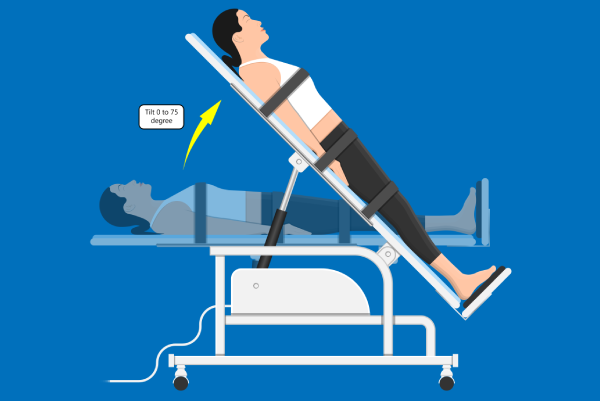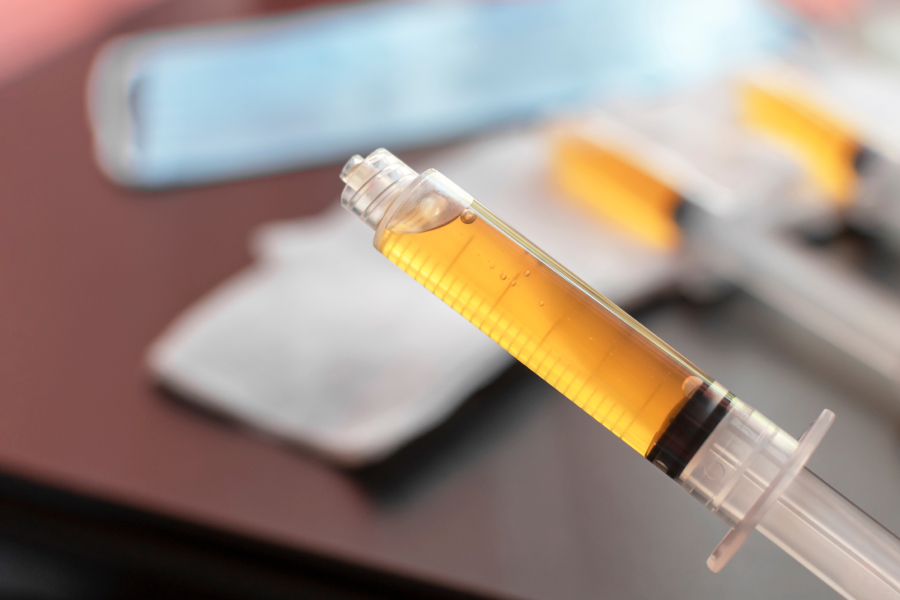Suffering from Dysautonomia, MCAS, or POTS?
Often symptoms flare together in response to heat, stress, illness, or standing too long.
Let’s help you regain strength and vitality.
Experience natural healing with tailored treatment plans for:
Autonomic Dysfunction
Dysautonomia is an umbrella term for a group of medical disorders caused by problems with your autonomic nervous system (ANS), which controls your body’s automatic functions, like your heart rate, digestion, blood pressure, kidney function, and more. The condition isn’t rare. It affects over 70 million people globally of all genders, races, and ages.
POTS: Postural Orthostatic Tachycardia Syndrome
MCAS: Mast Cell Activation Syndrome
Mast Cell Activation Syndrome (MCAS) occurs when the body’s mast cells, a type of immune cell, release inflammatory chemicals too easily or too often, leading to unpredictable, multisystem symptoms. These may include flushing, hives, itching, dizziness, headaches, gastrointestinal upset, rapid heartbeat, or sensitivity to foods, medications, or temperature changes.
Because MCAS often overlaps with conditions like EDS and POTS, personalized evaluation and treatment are essential. Integrative regenerative approaches can help calm overactive immune responses, reduce inflammation, and restore balance across systems.
Long COVID & Dysautonomia
Research shows having long COVID puts you at higher risk for dysautonomia. One study found it in almost 70% of those living with lasting COVID effects. The type of dysautonomia that’s most linked to COVID-19 is POTS.
Asthma & Breathing Difficulties
Some patients with POTS or dysautonomia experience asthma-like symptoms — including chest tightness, shortness of breath, or difficulty regulating breathing. These symptoms may stem from airway inflammation, nervous system imbalance, or histamine-related responses that mimic traditional asthma.
At NW Regen, we evaluate underlying contributors and create integrative treatment plans that support lung health, nervous system regulation, and overall vitality.
When your heart is racing and no one knows why…

We’re Here to Help
Our patients often tell us: “I kept being told it was anxiety, but it didn’t feel like that.” Or “I’d stand up and feel like I was going to faint or throw up.” If symptoms get worse with standing and better with lying down, if episodes are triggered by heat, dehydration, long showers, or exercise, or if you’ve been diagnosed with Ehlers-Danlos Syndrome, chronic fatigue, fibromyalgia, MCAS, or autoimmune issues, contact our office to book a consultation with Dr. Hart.

Get Diagnosed
People often don’t realize they have dysautonomia because the symptoms can seem vague, unrelated, or mistaken for anxiety, chronic fatigue, or even depression. Diagnosis can be delayed for years unless a knowledgeable provider connects the dots. There’s no single test for all forms of dysautonomia, but a few key assessments help confirm it—especially POTS. At NW Regen, we will be one of the few facilities with a tilt table for diagnosis.

Learn about Tilt-Table Testing
The tilt-table test involves a person being strapped to a table that can be tilted to simulate standing. The test measures how the body responds to changes in position, helping to identify abnormalities in heart rate and blood pressure that can be indicative of POTS. Blood pressure and heart rate are monitored during the test, and any abnormal changes, such as a significant increase in heart rate upon tilting, can indicate POTS. (Coming in 2026)
SGB, Regenerative Therapies & Integrative Medicine
Stellate Ganglion Blocks (SGBs)
Stellate Ganglion Blocks are precise, ultrasound-guided injections aimed at the sympathetic nerve bundle in the neck, part of the sympathetic nervous system, which is responsible for the body’s ‘fight or flight’ response. By blocking these nerves, the SGB can modulate the autonomic nervous system, potentially reducing the hyperactivity that contributes to POTS symptoms.
Regenerative Injection Therapies
Regenerative injections such as Platelet-Rich Plasma (PRP), Prolotherapy, or Stem Cell Therapies can help calm inflammation and restore healthy tissue function.
For patients with POTS, dysautonomia, or chronic pain, these treatments can support nervous system balance by improving joint and ligament stability, enhancing circulation, and reducing pain signals that contribute to autonomic stress.
Integrative Medicine
Sustainable recovery requires more than symptom relief. Dr. Alicia Hart blends the precision of modern diagnostics with the wisdom of whole-person healing. This approach considers the complex relationships between the nervous system, immune system, and environment. Personalized care plans may include nutrition and lifestyle guidance, herbal therapies, and medication management when needed, to reduce autonomic stress and enhance long-term resilience.


